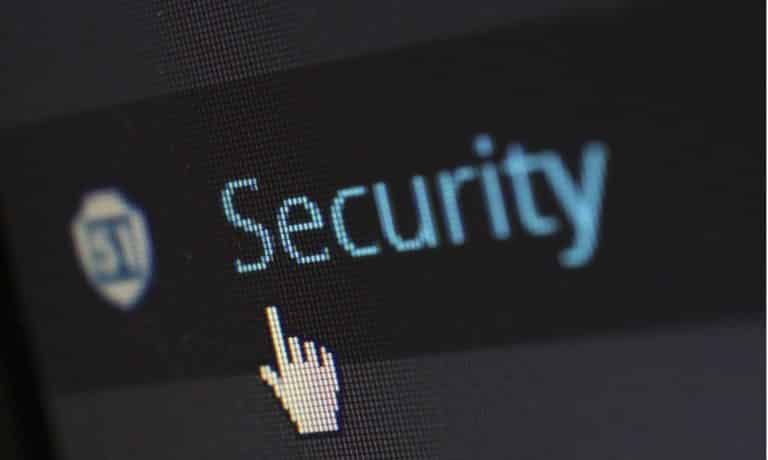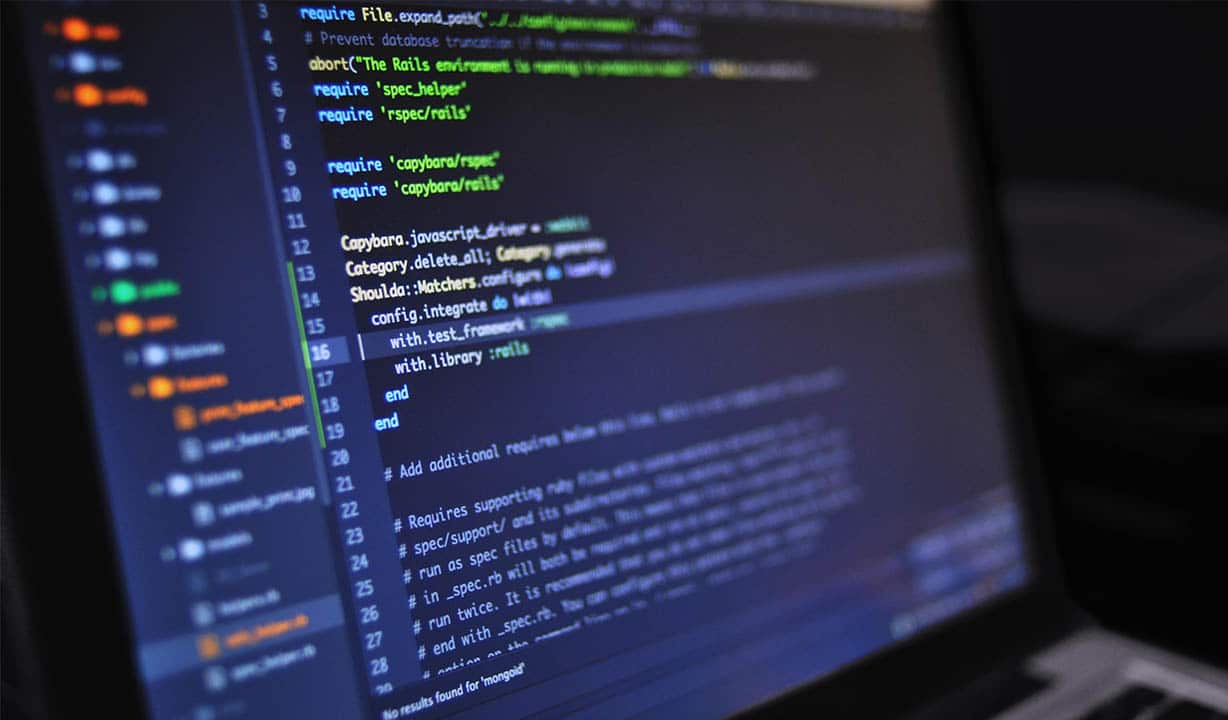Cybercrime is on the rise. According to a report from the Online Trust Alliance, 159,700 cyber attacks occurred in 2017. This has resulted in businesses shelling out billions a year in damages and cybersecurity. In 2016, the US government spend an outstanding $28 billion on cybersecurity to try and stay ahead of hackers.
The first line of defense against cybercrime is ethical hackers – those whose job it is to secure a business before hackers can find any vulnerabilities. The role of an ethical hacker is intertwined with the strength of cybersecurity as a whole. It falls to ethical hackers to fend off attack after attack, and keep businesses and their sensitive data, secure.
What Does an Ethical Hacker Do?
In a world where so much data is stored remotely, instead of in physical form, it’s the role of the ethical hacker to mimic the actions of a malicious hacker and find risks before someone else does. In essence, they are the guardians of data and an integral part of keeping sensitive data safe.
An ethical hacker can be anyone hired by an organization to test or monitor the business’s defenses, provide pen tests, and perform IT health checks to check the strength of a security system. The primary purpose of the ethical hacker is to find any vulnerabilities in a system that could potentially lead to the exploitation of customer data, sensitive data, or financial data.
The techniques that an ethical hacker uses can vary, depending on the job at hand. Often, their services will be used to identify flaws in security. This could be through the identification of bugs in a system, the continued use of software that is outdated, or weaknesses evident in the operating system.
Also, Read: What skills are required to become an Ethical Hacker?
Ethical hackers can also be used to assess different areas of security, like finding information on employees of a company, the suppliers a company uses, or anything about their practices. This process is designed to highlight where the security of a company is at its weakest. The hacker may be able to find the names of projects, employee passwords, and sensitive employee information.
This can then be used to launch an attack on the business security system – either remotely or physically. The hacker may crack passwords, exploit vulnerabilities, or even hijack sessions.
On top of the varied mix of services, ethical hackers are very often required to perform penetration tests on security systems.
Ethical Hacking and Penetration Tests
Penetration testing services can go above and beyond simply finding information. The test can involve a full system attack, whereby the ethical hacker tries to gain complete access to a system. Normally, tests will be conducted with a particular goal in mind and will be either conducted with the knowledge of the system (white box test) or no knowledge of the system (black box test).
Whilst attacking a system may seem like an extreme measure, the purpose behind it centers around what ethical hackers do best – finding weaknesses and strengths. With a full report on the findings, the hacker will be able to present the company with areas for improvement and areas where security is already high.
The Key Differences Between a Hacker and an Ethical Hacker
On the surface, it seems like hacking and ethical hacking are virtually indistinguishable. The main difference is that hackers are out to gain a reward from the theft of data, either the satisfaction of taking it, for blackmail, or for financial gain. There is financial gain involved for ethical hackers as well, of course, but there is no nefarious reasoning behind the duties of the ethical hacker.
Normally, the ethical hacker will provide, in detail, each step they took to get as far into the security system as they did. They may also be asked to demonstrate how access could be regained and will delete all evidence that they left behind.
All practices of ethical hacking are agreed upon in advance, with parameters set for what can and can’t be done. The whole process is governed by regulations, ethical codes, and cyber law. Full reports are established after every test, and no security tests will take place until every party knows exactly what will happen.
How Important is Ethical Hacking?
As more and more companies are exposed to breaches each year, the importance of ethical hacking has skyrocketed. Companies are choosing to hire ethical hackers to safeguard their systems, warn them of problems, and provide them with assistance with establishing security that can deter the rising number of cybercriminals. Without ethical hackers, cybercrime would have virtually free reign to target vulnerabilities and extract vital data.


